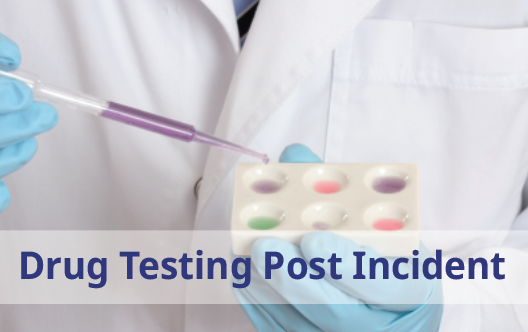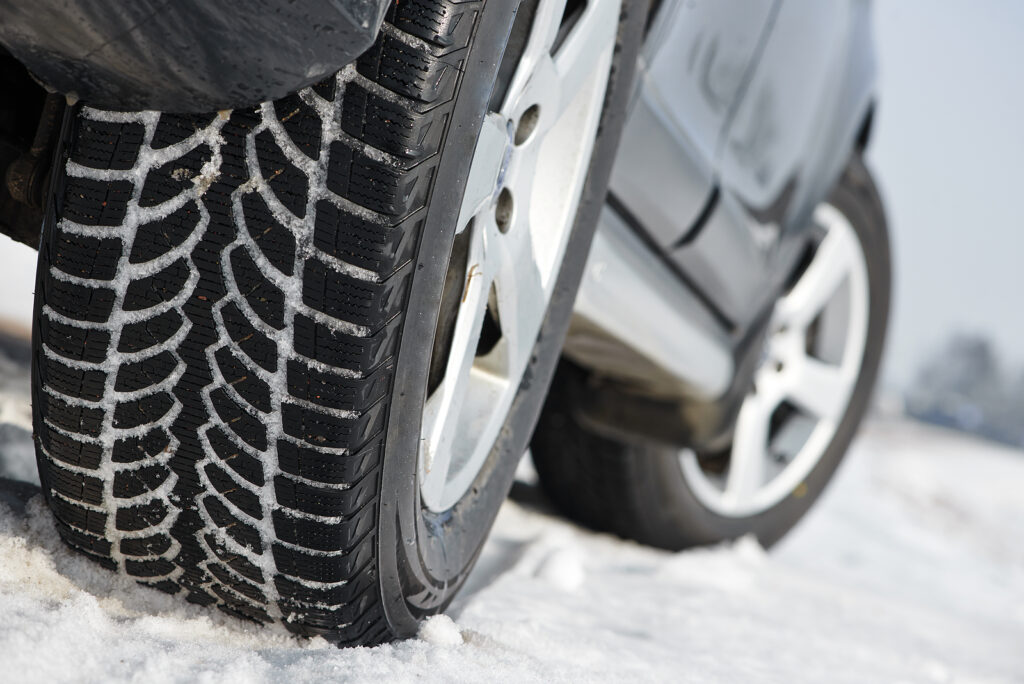
When it comes to injuries that happen on the job, the question of when to have involved employees take a drug test may be confusing. Here are some reminders to help you make the right decision:
- As provided by OSHA, drug testing is permissible to evaluate the root cause of a workplace incident that harmed or could have harmed employees.
- Post-incident drug testing is allowed per Iowa Code when there is reasonable suspicion that an employee is potentially impaired due to alcohol or another type of drug. Supervisors should be trained in how to determine if there is suspicion and how to properly document the situation.
- Employers should have a drug and alcohol testing policy that is communicated to all employees and enforced consistently in all departments. The policy should clarify when post-incident drug testing will and will not be required with respect to injuries on the job. Your policy should be reviewed by your attorney for legal compliance.
- Appropriate post-incident drug testing is an important part of creating a culture of safety.
This information is not intended to be all-inclusive of when drug testing is appropriate, nor does it negate other appropriate drug testing per federal or state laws. Consult your attorney to ensure proper implementation and legal compliance.
Keeping these points in mind and training supervisors on what they need to know when an injury happens on the job is key to creating and maintaining a safe workplace.

Register Now: Workers’ Compensation Virtual Round Tables
Gain insights and share ideas in our quarterly virtual round tables. Each session features a short presentation followed by an open discussion. Submit your questions in advance to ensure a customized experience.
- November 18, 9:30 a.m. – Importance of Updated and Enforceable Safety Policies
- Perfect for monthly safety meetings.
All sessions are recorded.

Prepare Now for Iowa’s Winter Roads
It is that time of year again. Whether we like it or not, Mother Nature is going to throw some snow at us, and probably some ice at some point too. Are you and your vehicle (personal as well as the company fleet) ready?
Here are a few reminders for those lovely Iowa winters.
Check your vehicle’s next service date or mileage. If it is coming up or even past, make that appointment today. You can beat the rush at the station by getting in early.
Check your battery. Winter and cold temperatures are especially hard on batteries. The normal effective life of a battery is around five years. If you are there or even past, at a minimum, have your battery checked and consider replacement.
Have fluids checked and filled if necessary. These could include antifreeze, oil, and windshield washer fluid (bonus if you remember to buy the deicing formula). These are all key components to keeping your vehicle running in tip-top shape, even when it’s brutally cold. Also, keeping your fuel tank at least half full could prove to be a benefit if you end up stranded.
A few additional areas to check or have checked include: brake pads, brake fluid, calipers and discs, the belts and sparkplugs. Ensure these items are in good condition.
Check external components on your vehicle. Tires should be at 3mm depth (or more) for a good grip in the winter months. Clean your lights and make sure all bulbs are functioning and there are no cracked lenses. These include low beams, high beams, fog lights and turning signals. Finally, your wipers and windshield. Run your fingers down the wiper blades to check for nicks, and replace them if you’ve noticed they aren’t clearing rain very well. Also, check the windshield for chips or cracks, which can grow in cold weather.
Finally, a breakdown kit. These can include extra fluids, as mentioned above, as well as more common items such as: a shovel, flashlight, blanket, high-visibility vest, food and drink supplies, ice scraper, deicer, and some snow grips for your shoes in case a walk is imminent. Keeping your phone fully charged could prove helpful as well.
Additional Training. If you’re looking for some additional training on these topics for yourself and your employees, see the following classes on NEOGOV’s LEARN platform:
- Tailgate Topics: Winter Driving
- Winter Driving: Braking and Special Consideration
- Winter Driving: Comprehensive
- Winter Driving: Trapped or Stranded Vehicles
- Winter Driving: Travel Planning and Techniques
- Winter Driving: Weather Conditions and Preparations

Did you know that motor vehicle accidents are the leading cause of work-related fatalities and among the most expensive claims in the workers’ compensation system? Check out this article from NCCI on this topic.




